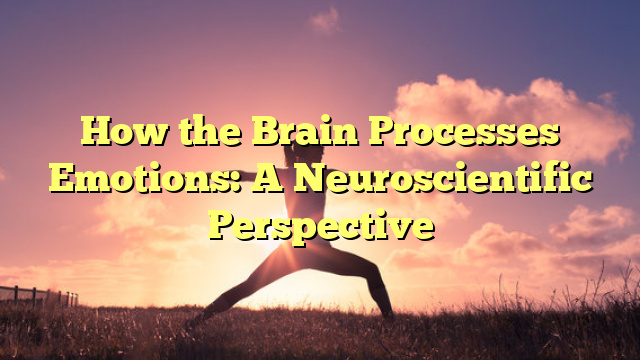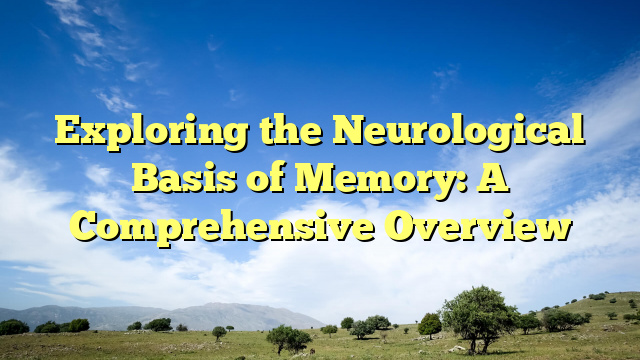Memory is a complex process that involves multiple parts of the brain working together to store and retrieve information. In recent years, researchers have made significant advancements in understanding how memory works and how education can impact our ability to retain information. In this article, we will explore the science of memory and how education plays a crucial role in shaping our memory capabilities.
How Memory Works
Memory can be divided into three main processes: encoding, storage, and retrieval. Encoding is the process of transforming information into a form that can be stored in the brain. Storage involves retaining the information over time, and retrieval is the process of accessing stored information when needed.
There are different types of memory, including sensory memory, short-term memory, and long-term memory. Sensory memory holds information for a very short period, while short-term memory can hold a limited amount of information for a few seconds to a minute. Long-term memory stores information for a much longer period and has an almost unlimited capacity.
How Education Impacts Memory
Education plays a significant role in shaping our memory capabilities. Studies have shown that the way information is presented and processed during learning can have a profound impact on memory retention. Strategies such as repetition, elaborative rehearsal, and visualization can enhance memory encoding and retrieval.
Additionally, education can influence memory by providing context and meaning to information. When we learn new concepts in a meaningful and organized way, it becomes easier to remember and retrieve that information later. Moreover, education can help improve critical thinking skills, which can further enhance memory retention.
Conclusion
In conclusion, memory is a complex process that requires multiple brain regions to work together. Education plays a crucial role in shaping our memory capabilities by influencing the way information is encoded, stored, and retrieved. By understanding the science of memory and implementing effective learning strategies, we can improve our ability to retain and recall information.
FAQs
1. How can I improve my memory?
There are several ways to improve memory, such as practicing good sleep hygiene, staying physically active, eating a healthy diet, and engaging in cognitive exercises.
2. Does age affect memory?
Aging can impact memory, but there are ways to mitigate age-related memory decline, such as staying mentally active, socializing, and managing stress.
3. Can memory be improved through education?
Yes, education can improve memory by providing context, meaning, and effective learning strategies that enhance memory encoding and retrieval.
Unlock Your Mental Potential



